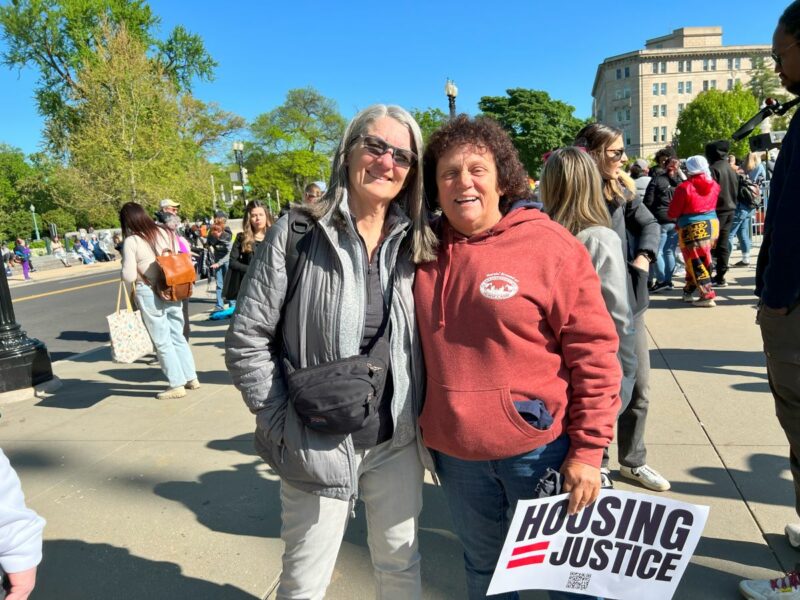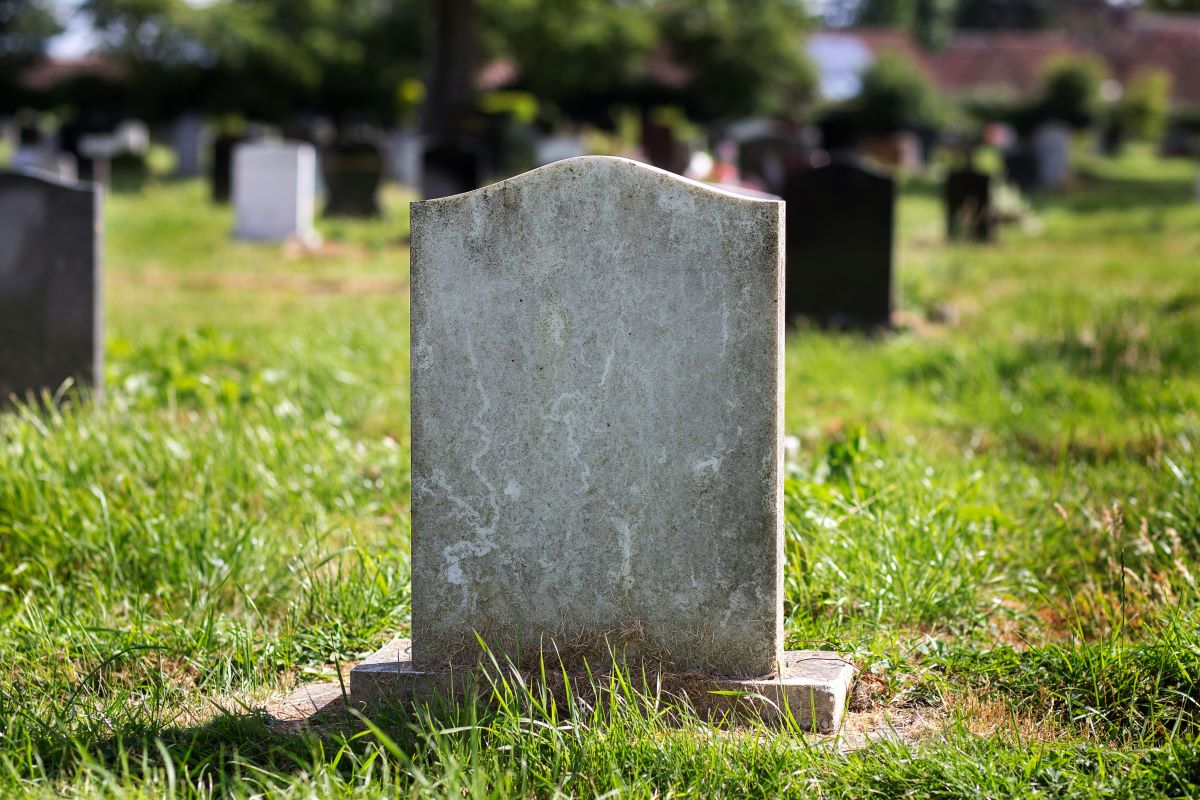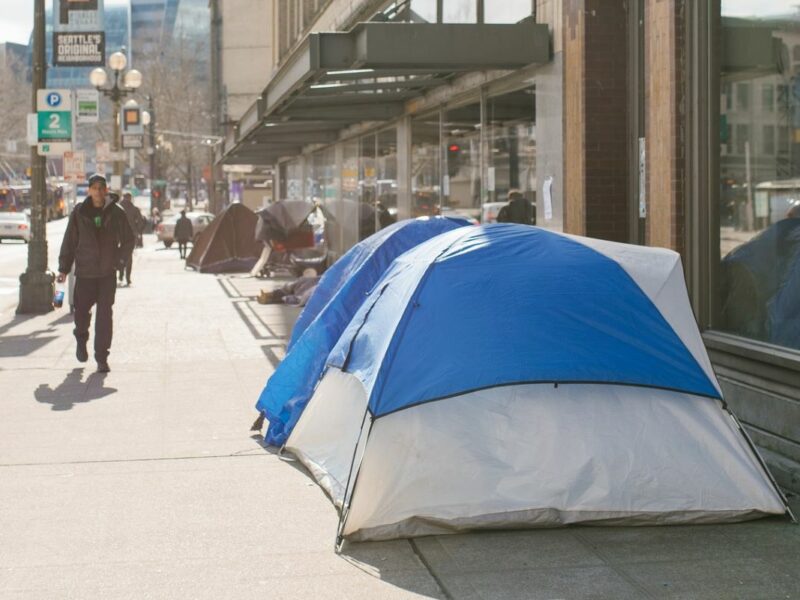Every Passing Day That Homelessness Goes Unresolved Costs Approximately 20 Human Lives
*Trigger Warning: This article contains graphic depictions of violence and death.
A scorching slab of blacktop in Phoenix, Arizona, became the final resting place for 62-year-old Kimberly Haws. She was pronounced dead in 2020, her body marked by severe burns due to the extreme heat that day.
While many believe Haws’ death was heat-related, there was never any official investigation into the incident that ultimately ended her life.
Refusing to investigate the cause of death is a common theme in homeless death tallies. Many of these deaths are deemed “accidental” or “unintentional” labels that refer to various causes ranging from slip-and-falls and drowning incidents to drug overdoses and being unexpectedly struck by vehicles in traffic.
In Koreatown, Los Angeles, an unsheltered man named Joe Reyes suffered a heart attack and died after a routine encampment sweep robbed him of his life-saving medication.
In a homeless shelter in the East Elmhurst section of New York City, twin infants were found lifeless and unresponsive in their cots. Those two babies who never lived to see their first birthday were the second and third people found dead in that particular homeless shelter, with advocates calling for a full-on investigation into the rehabbed hotel.
The elongated list of deaths within the homeless community is soberingly diverse, from the young and vulnerable to the old and feeble and just about everybody in between. The average homeless person dies in their mid-40s, decades before the average housed person’s life expectancy.
Despite what the data disburses, none of these deaths should be labeled natural, for the circumstances surrounding the lives lost are anything but natural.
20 Homeless Deaths Happen Every Day
According to Homeless Deaths Count, an average of 20 homeless people die daily in the United States of America. This number is not only alarming, but it is also increasing at an unprecedented rate.
In the City of Philadelphia, unsheltered homeless deaths are believed to have increased at least three-fold in the nine-year window between 2009 and 2018. Meanwhile, a study of 20 US cities revealed a whopping 77% increase in homeless deaths over five years.
These lives are not just numbers on the county coroner’s office spreadsheets. These numbers represent our neighbors, brothers, sisters, and friends.
Everybody lying cold in the ground was somebody’s son or daughter, regardless of their social status, housing status, or employment status. They were human beings just like me and you, a fact forgotten all too soon.
Deaths of Despair: Most Homeless People Are Dying from Treatable Conditions
Treatable conditions plague the unhoused community because being without a home closes many doors, not just the one where an eviction notice might have been hanging. Homeless people are often locked out of basic services such as:
- Healthcare
- Welfare
- Financial assistance
- Transportation
- Water
- Utilities
- Sanitation and more
This means they are more likely to die from conditions that could have been delayed, prevented, or even cured. Some of the most common treatable conditions that often give way to homeless deaths include:
- Cardiovascular disease
- Chronic liver disease
- Diabetes
- Respiratory disease
- Cancer
In situations where mental health or substance use served as secondary contributors, unhoused people also experienced higher rates of suicide and overdoses compared to their housed counterparts.
Researchers from the Department of Public Health and Santa Clara University have deemed these incidents “deaths of profound despair” due, in large part, to the preventable and unexpected nature of these events. Unhoused mortality underscores unsettling nationwide trends such as racism, classism, and the pitfalls of secularism as a whole.
As the homeless death count continues to increase by astronomical proportions, it is clear that declines in socioeconomic status are linked to adverse health outcomes, particularly within the unhoused community.
Varying factors could have helped make these deaths preventable. Things like access to physical and mental healthcare, financial assistance, and eviction prevention measures could have saved countless lives. Instead, more and more people are dying with no dignity in tents, on street corners, and in the seats of rundown motor vehicles while the world watches on in silence, unmoved.
Tell Your Legislators to Make Housing a Human Right, Right Now
Undoubtedly, being without a home shaves decades off of a person’s life expectancy. The overarching media narrative is that homelessness is the result of poor choices. However, if that were true, we would all be homeless, for nobody on this Earth is entirely error-free. In truth, structural factors play a leading role in the current crisis, where a lack of affordable housing remains the number one cause of homelessness.
Every day we refuse to build affordable housing is a day when 20 more people die unnecessarily. Many of them will die unnamed and uncounted. That doesn’t mean they have to die in vain. Talk to your legislators about ending this vicious cycle of profound despair by making housing a human right, right now.











